
اگر به یک وب سایت یا فروشگاه رایگان با فضای نامحدود و امکانات فراوان نیاز دارید بی درنگ دکمه زیر را کلیک نمایید.
ایجاد وب سایت یادسته بندی سایت
محبوب ترین ها
پرفروش ترین ها
پر فروش ترین های فورکیا
 پکیج حرفه ای آموزش کسب درآمد میلیونی از اینترنت ( تضمینی و تست شده)
پکیج حرفه ای آموزش کسب درآمد میلیونی از اینترنت ( تضمینی و تست شده) دانلود کتاب صوتی جان شیفته (مجموعه کامل)
دانلود کتاب صوتی جان شیفته (مجموعه کامل)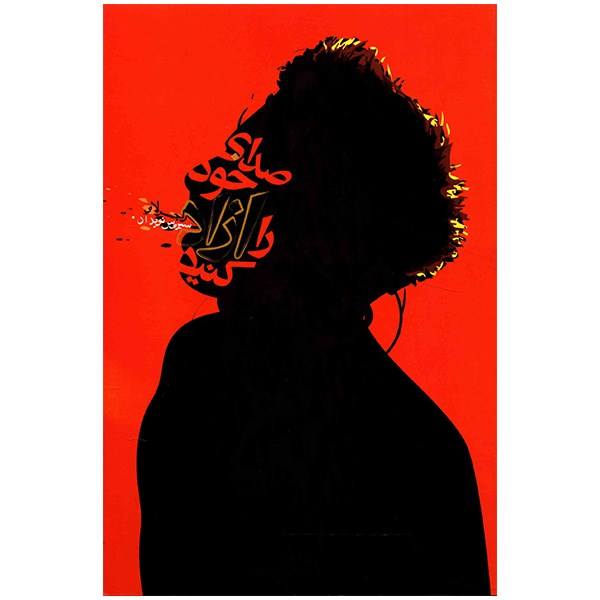 دانلود "کتاب صدای خود را آزاد کنید"pdf+فایلهای تمرینی
دانلود "کتاب صدای خود را آزاد کنید"pdf+فایلهای تمرینی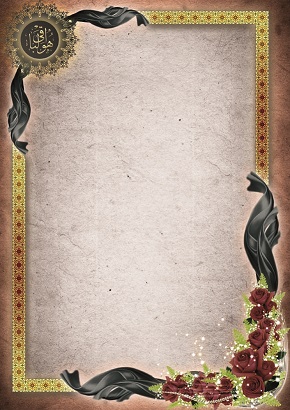 دانلود طرح لایه باز اعلامیه ترحیم (11) (دانش یاران)
دانلود طرح لایه باز اعلامیه ترحیم (11) (دانش یاران) پکیج صداسازی متود CVT
پکیج صداسازی متود CVT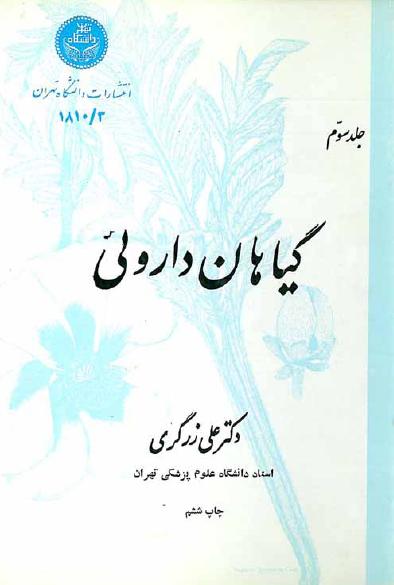 دانلود گیاهان دارویی علی زرگری 5 جلدی pdf
دانلود گیاهان دارویی علی زرگری 5 جلدی pdf آموزش فعال کردن چشم سوم
آموزش فعال کردن چشم سوم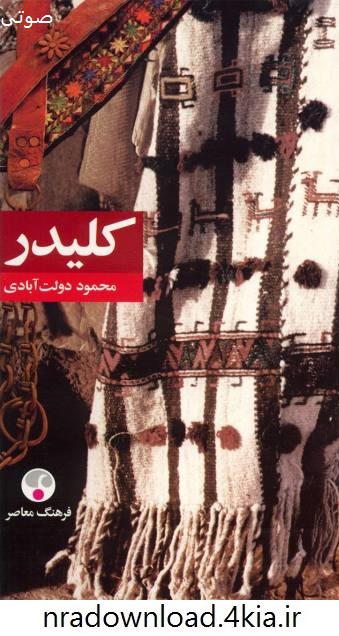 دانلود کتاب صوتی کلیدر (مجموعه کامل)
دانلود کتاب صوتی کلیدر (مجموعه کامل)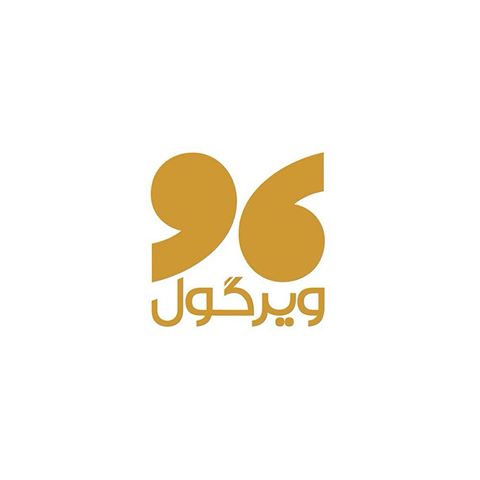 پاورپوینت فصل پانزدهم تئوری حسابداری (جلد 2) تألیف دکتر ساسان مهرانی، دکتر غلامرضا کرمی، مهتاب جهرومی و سیدمصطفی سیدحسینی
پاورپوینت فصل پانزدهم تئوری حسابداری (جلد 2) تألیف دکتر ساسان مهرانی، دکتر غلامرضا کرمی، مهتاب جهرومی و سیدمصطفی سیدحسینی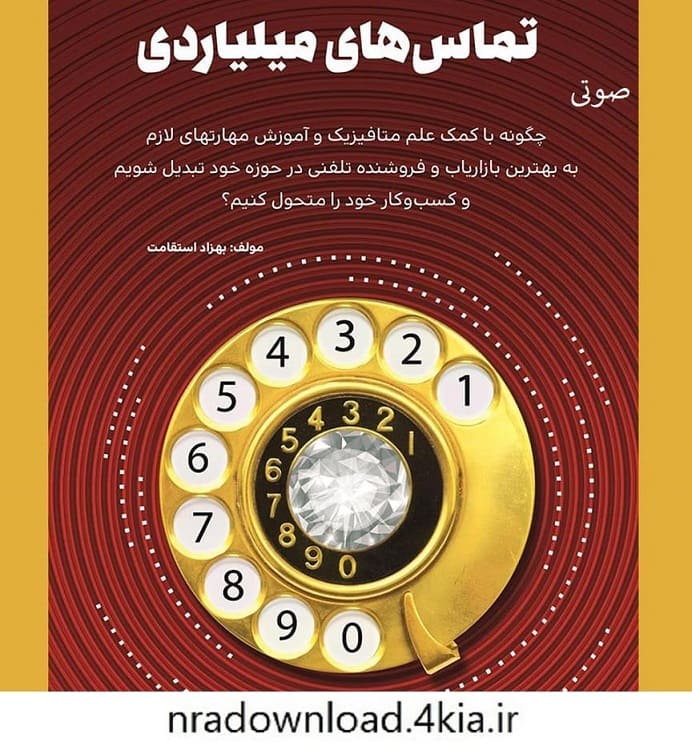 دانلود کتاب صوتی تماس های میلیاردی
دانلود کتاب صوتی تماس های میلیاردی ست گلچین 3 a&m
ست گلچین 3 a&m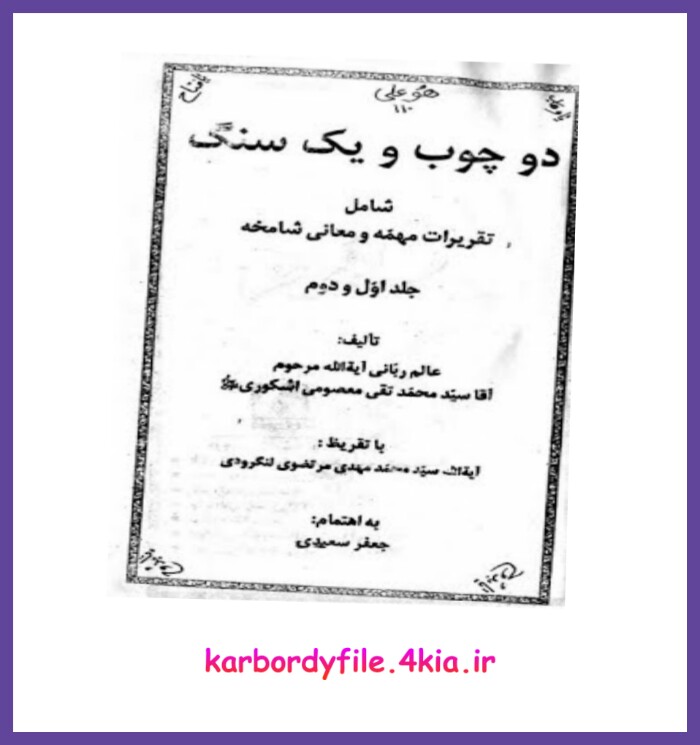 دانلود کتاب دو چوب و یک سنگ
دانلود کتاب دو چوب و یک سنگ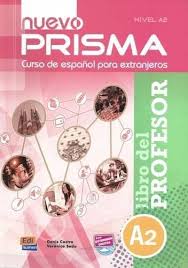 کتاب معلم Nuevo prisma libro de profesor (A2)
کتاب معلم Nuevo prisma libro de profesor (A2)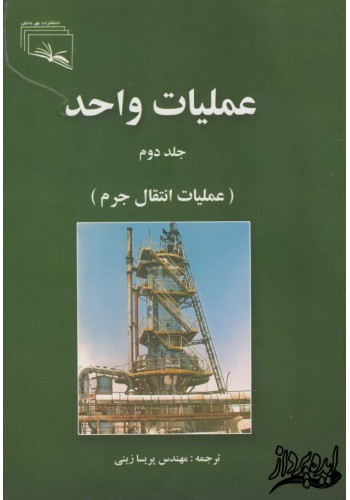 حل المسائل فصل نهم ( تقطیر) کتاب عملیات واحد رابرت تریبال( جلد دوم)
حل المسائل فصل نهم ( تقطیر) کتاب عملیات واحد رابرت تریبال( جلد دوم)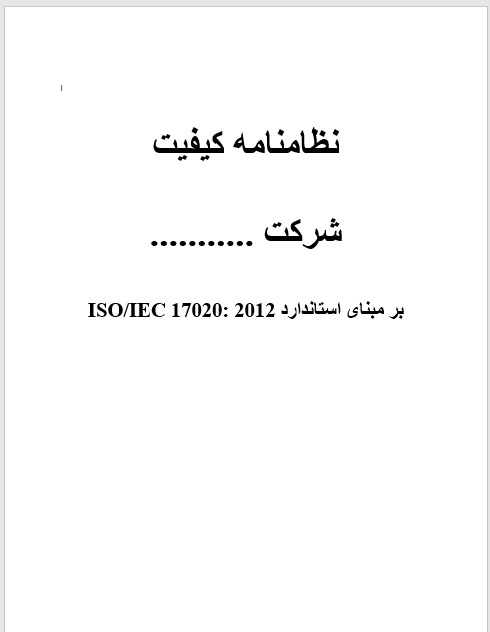 فایل ورد نظامنامه کیفیت شرکت بازرسی بر مبنای استاندارد2012-17020
فایل ورد نظامنامه کیفیت شرکت بازرسی بر مبنای استاندارد2012-17020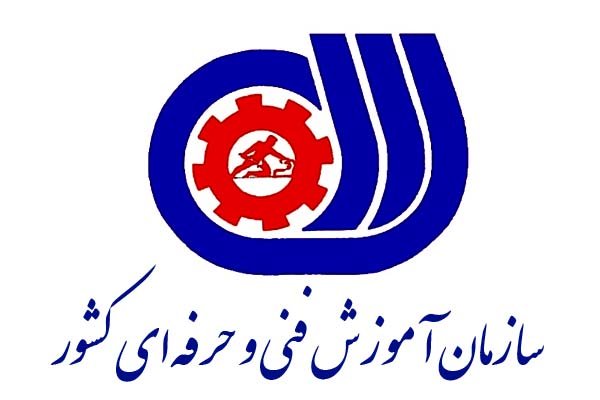 نمونه سوالات انباردار رشته حسابداری فنی حرفه ای | کاردانش با جواب
نمونه سوالات انباردار رشته حسابداری فنی حرفه ای | کاردانش با جواب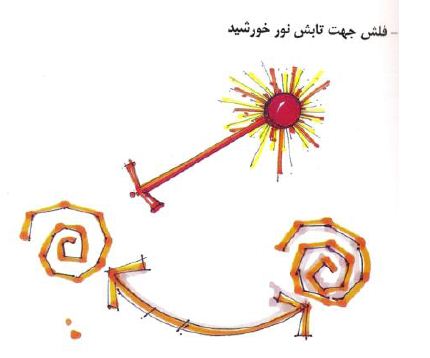 علائم گرافیکی تحلیل سایت فتوشاپ
علائم گرافیکی تحلیل سایت فتوشاپ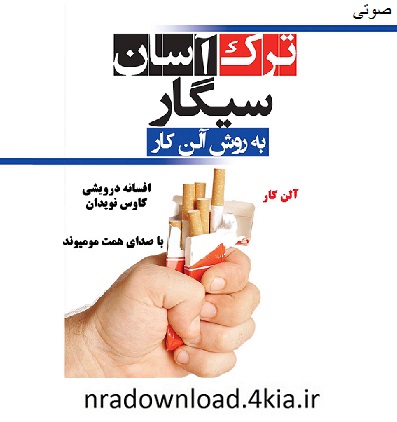 دانلود کتاب صوتی ترک آسان سیگار
دانلود کتاب صوتی ترک آسان سیگار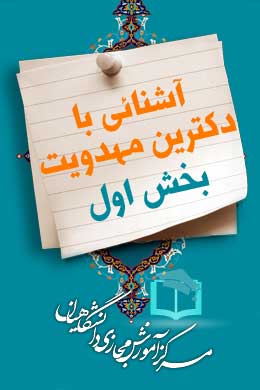 پاسخنامه سوالات مهدویت و مدرنیته (آشنایی با دکترین مهدویت - بخش اول)
پاسخنامه سوالات مهدویت و مدرنیته (آشنایی با دکترین مهدویت - بخش اول)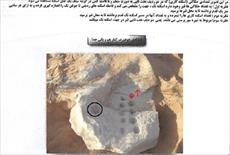 دانلود کتاب جوغن ها pdf
دانلود کتاب جوغن ها pdf کتاب آموزش خیاطی انواع لباس مجلسی
کتاب آموزش خیاطی انواع لباس مجلسی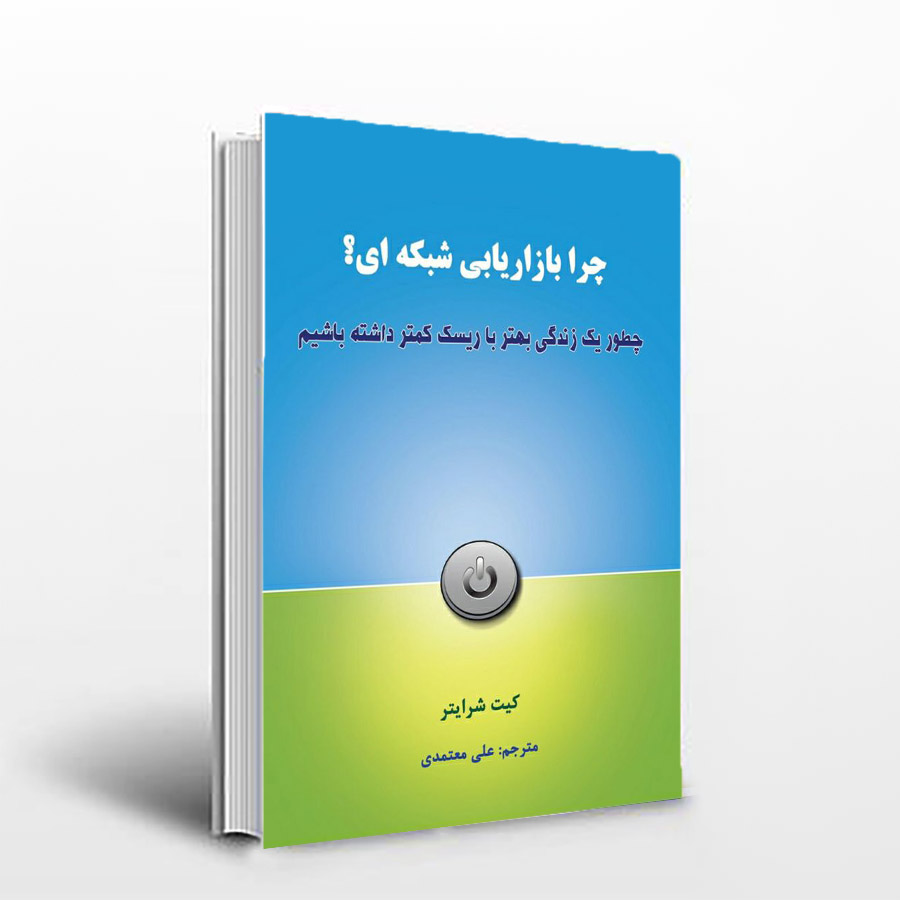 کتاب چرا بازاریابی شبکه ای
کتاب چرا بازاریابی شبکه ای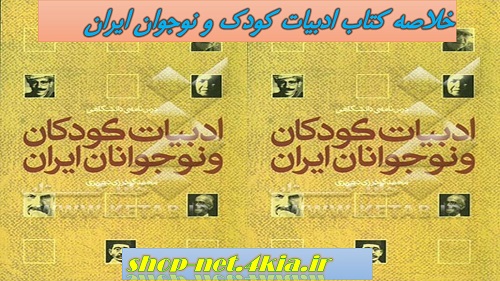 خلاصه کتاب ادبیات کودکان و نوجوانان ایران محمد گودرزی دهریزی
خلاصه کتاب ادبیات کودکان و نوجوانان ایران محمد گودرزی دهریزی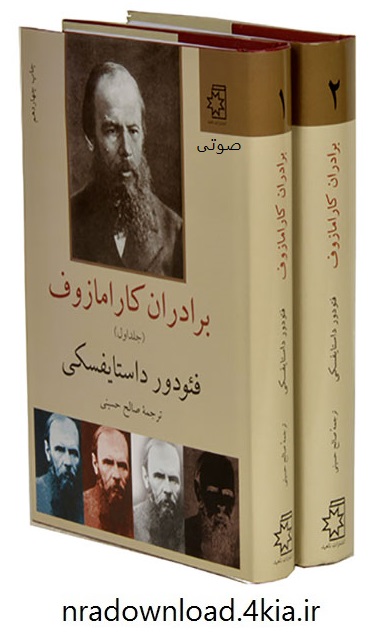 دانلود کتاب صوتی برادران کارامازوف (جلد اول و دوم بصورت کامل)
دانلود کتاب صوتی برادران کارامازوف (جلد اول و دوم بصورت کامل)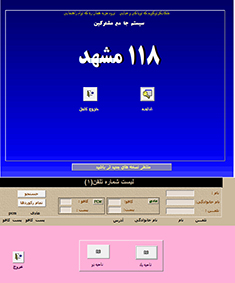 118 مشهد
118 مشهد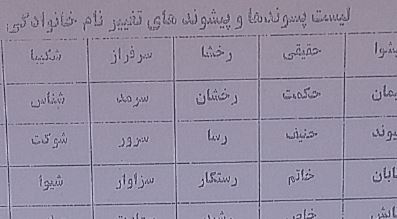 لیست پسوند و پیشوند فامیلی مورد تایید سازمان ثبت احوال
لیست پسوند و پیشوند فامیلی مورد تایید سازمان ثبت احوال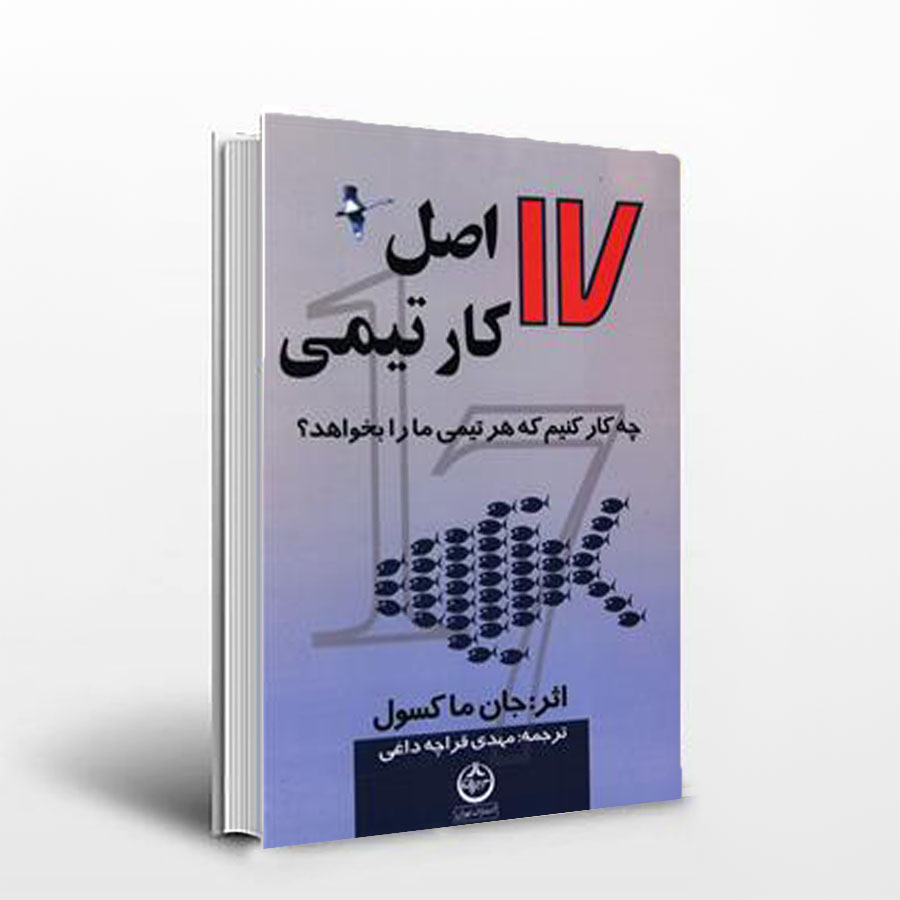 کتاب 17 اصل کار تیمی
کتاب 17 اصل کار تیمی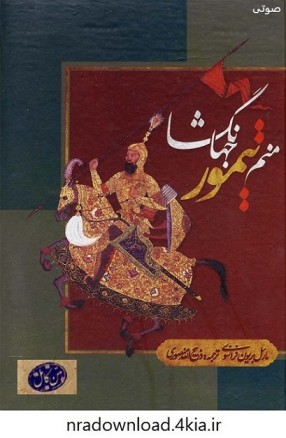 دانلود کتاب صوتی منم تیمور جهان گشا
دانلود کتاب صوتی منم تیمور جهان گشاپر بازدید ترین های فورکیا
 فروش فیلتر بورسی استریکلی فقط 75 هزار تومان
فروش فیلتر بورسی استریکلی فقط 75 هزار تومان کسب درآمد اینترنتی 300000 تومان در خانه در کمتر از 30 دقیقه
کسب درآمد اینترنتی 300000 تومان در خانه در کمتر از 30 دقیقه کسب درآمد روزانه حداقل یک میلیون تومان ! کاملا حلال و واقعـی !!
کسب درآمد روزانه حداقل یک میلیون تومان ! کاملا حلال و واقعـی !! مجموعه ی آموزش تعمیر لامپ کم مصرف (از مبتدی تا پیشرفته)
مجموعه ی آموزش تعمیر لامپ کم مصرف (از مبتدی تا پیشرفته) آموزش برنامه نویسی آردوینو
آموزش برنامه نویسی آردوینو کسب و کار اینترنتی در منزل
کسب و کار اینترنتی در منزل آموزش رایگان کسب درآمد از سایت الیمپ ترید ( olymp trade )
آموزش رایگان کسب درآمد از سایت الیمپ ترید ( olymp trade )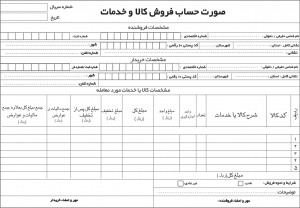 دانلود نمونه فاکتور آماده با فرمت ورد - اکسل و عکس
دانلود نمونه فاکتور آماده با فرمت ورد - اکسل و عکس آموزش ساخت بازی بدون دانش برنامه نویسی و طراحی سه بعدی مبتدی تا پیشرفته با نرم افزار
آموزش ساخت بازی بدون دانش برنامه نویسی و طراحی سه بعدی مبتدی تا پیشرفته با نرم افزار اموزش کسب درامد از اینترنت روزانه ۳میلیون تومان تضمینی و تست شده 1403
اموزش کسب درامد از اینترنت روزانه ۳میلیون تومان تضمینی و تست شده 1403 درامدزایی در خواب! (تعجب نکنید! بخوانید)
درامدزایی در خواب! (تعجب نکنید! بخوانید) مدار داخلی واکی تاکی(اموزش ساخت)
مدار داخلی واکی تاکی(اموزش ساخت) کتاب افزایش ممبر کانال تلگرام
کتاب افزایش ممبر کانال تلگرام دانلود100% رایگان نرم افزار تبلیغات در تلگرام + آموزش کامل و فیلم آموزشی
دانلود100% رایگان نرم افزار تبلیغات در تلگرام + آموزش کامل و فیلم آموزشی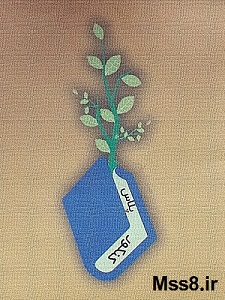 روش اصلی موفقیت در کنکور و آزمون ها(پزشکی، حقوق، مهندسی، نمونه و تیزهوشان) با پکیج کنکورپلاس
روش اصلی موفقیت در کنکور و آزمون ها(پزشکی، حقوق، مهندسی، نمونه و تیزهوشان) با پکیج کنکورپلاس چگونه هر شخصی را عاشق خود کنیم ارزان
چگونه هر شخصی را عاشق خود کنیم ارزان برنامه ساز اندروید و کسب درآمد بالا
برنامه ساز اندروید و کسب درآمد بالا ثروتمند شدن حق شماست !! امتحان کنید!!!
ثروتمند شدن حق شماست !! امتحان کنید!!! ساده ترین و پردرآمد ترین کسب و کار در اینترنت تا لحظه درآمد با شما همراه خواهیم بود
ساده ترین و پردرآمد ترین کسب و کار در اینترنت تا لحظه درآمد با شما همراه خواهیم بود کسب درآمد میلیونی از وبلاگ
کسب درآمد میلیونی از وبلاگ حل تمارین دینامیک سازه
حل تمارین دینامیک سازه دانلودپکیج ربات فالوور و لایک نامحدود و رایگان اینستاگرام(فوق حرفه ای)
دانلودپکیج ربات فالوور و لایک نامحدود و رایگان اینستاگرام(فوق حرفه ای) مجموعه "صفر تا صد راه اندازی کارگاه جوراب بافی"
مجموعه "صفر تا صد راه اندازی کارگاه جوراب بافی" چگونه هر کسی را عاشق خود کنیم ؟
چگونه هر کسی را عاشق خود کنیم ؟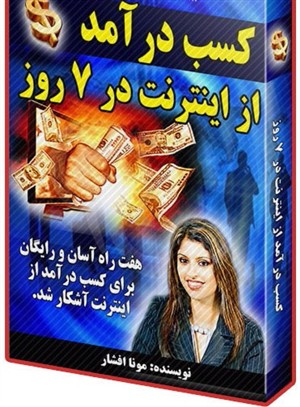 کسب در آمد میلیونی از اینترنت (نسخه ی پیشرفته) 80 درصد تخفیف
کسب در آمد میلیونی از اینترنت (نسخه ی پیشرفته) 80 درصد تخفیف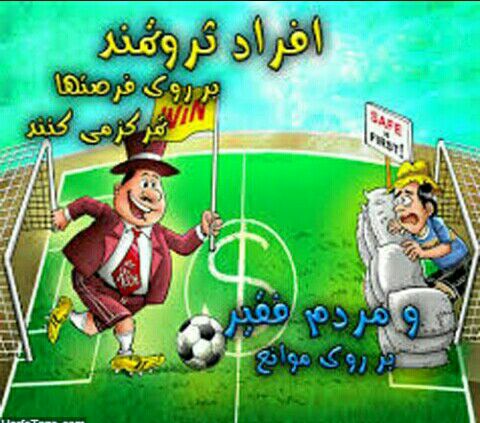 کسب درآمد اینترنتی و دائمی به صورت صفر تا صد کار
کسب درآمد اینترنتی و دائمی به صورت صفر تا صد کار اندیکاتور R & S جهت کسب درآمد از سایت الیمپ ترید
اندیکاتور R & S جهت کسب درآمد از سایت الیمپ تریدپیوند ها
Western views on Hafiz:Hafiz, your word is as great as eternity for it has no beginning and no end. Your word is the canopy of heaven solely depends upon itself. It is all signs, beauty and excellence. May the whole world fade away, Hafiz, with you, with you alone I want to compete! Let us share Pleasure and pain like twins to love like you, this shall be my pride, my life. Hafiz, I want to compose like you, to verse like you, hafiz, as a single spark is enough to burn down the Emperors territory, your words burn my heart and you know best how we all are enslaved to search. Isnt it true that love brings sadness first and afterwards vim? So let me stay in your love banquet for a moment for I want to admire your illuminate face when sitting with your love.
Above verses are composed by the German poet, Goethe who was greatly influenced by hafiz. This Persian poet has influenced not only Goethe but many other poets to an extent that many western works of literary fiction that are widely known and read are in fact adopted from Persian works. There has been many comments about hafiz by numerous researchers and many have reflected on his views on existence, love, devoutness and asceticism. Although there are controversies on his exact date of birth, birth place and some of his poetry verses meanings, hafiz has always remained a wise compilation of his preceding poets.
ABDOLALI DASTGHEIB, modern literature researcher, states that: hafiz is a combination of Khayyam, Rumi and SAADI, his words hasnt been completely known and understood. And the reason for his being unknown goes to the fact that modern historians have repeated biographers from Jami era and stated the same exact words belonging to TIMURID and SAFAVID dynasty era. Hafiz has actually been a subject of controversy and every group or individual is trying to copy him. The biggest existing obstacle, while trying to explain hafiz is that the fans ask about his ideas on different subjects and this is a controversial obstacle for knowing him since he has a general view on the whole world, his views are not sectional but aesthetic. One similar aspect in investigations is that the researchers grasped subjects in alignment with their own understanding of his verses. His views are not static but always swaying in the vast ocean of life. Hafiz reflects the rhythm of this venturesome ocean in his poetry. Its worth to mention that Khayyam and Rumi have also done the same task but with the difference that with hafiz, spiritual agitation and life moments are composed metaphoricallyand since the modern era is an era of perturbation and stress which brings up many questions for us, his poetry is aligned with this world and that is the reason why human beings most important concerns are answered by his poetry. If we use the expressions "bride" for the words and "groom" for the meaning, as Goethe once did, one who knows hafiz does know about their matrimony. This means hafiz has aligned words and expressions a lot better than other preceding poets.
Modern researcher BAHAODIN KHORAMSHAHI, has had many reflections on hafiz ideas and poetry. As he states: any artist has a complex view on life and in other terms views can be eclectic. But a certain wisdom and cognition can be the element for their frame of thought and culture. Hafiz has information on mysticism, Persian and Arabic literature, philosophy and QORAN as well as general information on medicine, astronomy, history and OSOUL AL FIGH (principles of religion). his memory is filled with various information on different subjects and therefore all the knowledge must have affected his poetry. Now as we can see in his poetry, he has earthly verses as well as other types. As long as one doesnt accept hafiz respect for earthly beauties and literature and poetry and magic of words, one is not able to know him.
BAHAODIN KHORAMSHAHI who had reflections on his mind and language stresses that an earthly poet can have heavenly poetry as well. However, the main view in hafiz poetry is mysticism. The interesting part to know is that hafiz respects Iranian- Islamic morality in his poetry and while composing. Some other researchers and professionals who have analyzed him based on their own personal interest, have known his poetry as worthy of consideration. His poetry is filled with humor and ambiguity. He is able to both fight and make peace with his poetry.
As the author of the book "stylistics: SIROUS SHAMISA, states in his work: Hafiz addresses chronic issues existing in his society with humor and ambiguity. He fights corrupt monarchs as well as hypocritical ascetics and fake SOUPHIZ and therefore his poetry is filled with remarks to the existing issues of his era many of which are still unknown to this day. He is also extremely skilled at using the suitable literary language, which includes the right use of words and connecting them in a rhythmic way. In terms of rhetoric he is more concerned with usage of pun and for meaning he is concentrated on parody and IHAM. His main concern is metaphor, figure of speech and allusion while his poetry never comes without mystical or Quran related remarks. Ambiguity is the most notable device in his poetry and is most widely used to an extent that some consider it specialized for hafiz only. Humor is another notable characteristic seen in hafiz poetry. Compared to other poets preceding modern era his method of using rhetoric is closest to KHAGHANI. But generally speaking his DIVAN is a gist of all the notable literary movements preceding his own era. There are poets considered to be the turning points of Iranian poetry history, they have composed and have been forgotten by the passage of time as well as their poetry. But there are some others who have put the trait of immorality in their work and hence their work remains forever. Those have put the most prosaic words together to make a novel structure. Of those poets, RUDAKI, FERDOSI, NEZAMI, ATAR, RUMI, Hafiz, SAADI, Khayyam, BABA TAHER, SAEB, BIDEL and many more can be named.
As Dr. KAVOUS HASANLY remarks: his poetry is similar to a mirror reflecting ones own self while its being looked at. One critical reason for the great number of hafiz fans is that his poetry is hermeneutical. Since hafiz is known to have regularly read QORAN as a child and during his adulthood, a trait that gave him the alias "LESAN AL GHEIB", the reader of his poetry feels a connection with Quran hearing WAHY from him. This can be another reason for hafiz popularity among people.
His poetry is in fact full of pop culture stories which people find interesting in poems. Many characteristics can be counted for his poetry but while analyzing the words structure, a wonderful connection between the words can be seen demonstrating the odd connection between them. Hafiz is wonderful when it comes to love. His love is of heavenly type. hafiz actually loves all worldly beauties since they all reflect the beauty of god in his mind therefore his love is heavenly and full of eternity. In our religion, earthly love has never been condemned but the corruption of eye and heart.
As was mentioned before, Hafiz is among wise and aesthetic poets as he looks upon the past with wisdom and analyses it, using some parts for his growth and disposing of the rest. In other words: hafiz is at the same time familiar with cultural heritage of his own time and he has also been skilled in many theoretical fields concerning myth and his way of looking at this world is way further than that of the era he lived in. his poetry is filled with the characteristic of any original artistic creation, which is the use of creativity in words usage and not clinging to one traditional world view, he in fact, while staying faithful to all that was mentioned, has put all this heritage into his own personal method resulting in oneness and the special trait of his poetry. The origin of his world views can be found in other Poets works as many of his poetry simile and images have been searched in other works before. But where is he to be found at last? Hafiz is a man with very special thought system as can be seen in his GHAZALZ. The basic subjects mentioned in his poetry include subjects concerning life and death, meaning of life and existential matters and hes not alien with the ongoing political issues around him. He writes about them but all the thoughts that are presented in his poetry are full of literature devices. To open up the internal meaning and search the unity in them, how are we able to understand his thought system if we degrade every symbol to simplesymbol? many terms such as "Magus" can be found in hafizs preceding poets works but these terms and all similar collocations are different for him as a craved figure exposed to sun light looking different from every different angle.
in paradigmatic though system pattern in which the eternal story of creation is the origin of all earthly events, Adam who was created by god and was meant to stay in heaven at first place, is in central position since all he will determine his and his descendants destiny thus determining all humankind destiny. Hafiz makes excuses in various occasions excusing himself from his way of life and his behavior saying "the mighty god is to blame not me". Since he is a poet and usesAmbiguitylanguage many times. As ASHURI states :he narrates eternal events with regard to mystical stories concerning them but in fact he uses hermeneutics a lot and he is influenced by the mystical hermeneutics tradition which was made by the poets and theoreticians preceding him.
As can be seen in his DIVAN, Hafiz has been greatly familiar with literature and mystic texts both in Persian and Arabic. Therefore the real definition of myth in his mind doesnt concern its usual straightforward definition which deals with eternal stories as earthly ones. His definition of myth concerns its hidden mystical meaning.
Dr. MOHAMMAD JAFAR YAHAGHI writes in hafiz studies: Hafizs utopia is both earthly and heavenly at the same time meaning he is in pain from all the miseries we face on the earth and he wishes for them to improve and he is also hopeful that the path to the mighty God be paved for men of god. He believes the ease of pace in Gods path is not as dependent to men as it is to the Gods mercy upon them.
If light of God`s love falls on your heart and soul
God promise, you will be better than sun
His method in aligning the paradox is certainly worthy of attention. He values both earth and heaven, both physical body and the soul.
I said: "in the society of the lofty-sitter, be not idol worshiper?"
He said: "in loves street, also this and also that they make"
In his mind love is the elixir of life, capable of molding any rock in it. He is not degradable to a mere sociologist, philosopher or theorist. He is merely a poet. No poet of no kind can be more attractive than todays subjects. His poetry certainly contains sociology and theoretical subjects, which can`t be limited to any defined frame. There is a characteristic in hafiz which can`t be found in any other wisdom and insight.
Hafiz puts the society, history and philosophy his main subject for poetry without losing his true self in them. He finds solutions for existing problems of history and society without forgetting about other important concepts. His art in doing so is not analyzable but is certainly full of elements that can be used to understand his poetry better. Dr. MOHAMMAD REZA KHALESI has had many comments on hafiz way of using religious characters. As he believes, the use of historical myth has been common during the history of Persian literature and many poets have used the mentioned concepts to express their thoughts. The oldest use of myth characters goes back to the remaining primary poets in Persian literature. The use of religious narrations whether it is in Ghazal or other type of poems is to help the reader understand better the great conceptions used inshort statements and to help him connect with his rich culture and background. Such transformation functions at its best mode when the reader grasps the concepts of these elements together and hafiz is undoubtedly more successful than others in this job. He doesnt only use allusion for narration of religious stories as his preceding poets did and he doesnt use myth just for the poetic fancy of it. Myths are the wonderful ways of association and are completely dependent on the poet and his method of using the literary devices as well as his knowledge of stories and his insight and no poet has hafiz insight in Persian literature. In his narration of religious myth and stories no important event has been left. In idea and thought field he has profited association of myth and historical and social issues of his era. And thats why he chooses the stories of prophets like Adam, HUD, Saleh, Abraham, Jacob, Joseph, Solomon, David, Moses, Jesus and Muhammad (peace be upon him). In case of Adam story, Hafiz mentions the 5 most important parts, creation, prostration, Adam and Satan, load of deposit. About Noah, he only mentions the storm, about HUD and Saleh he mentions the stories of AAD and SAMOUD and SHADAD tribes. And in case of Abraham he mentions his being saved from fire. In case of Joseph, various parts have been mentioned including the story of Joseph and Jacob, Joseph and his brothers, Joseph and the will, Joseph and ZOLEIKHA and the story of Joseph time in prison. In Moses stories, his Pastoralism the Mount Sinai fire and pharaoh have been mentioned. And finally for Muhammad (peace be upon him), his quarrel with ABU LAHAB has been mentioned. The importance of Persian literature translation in west is crucially important. This importance helps us offer our culture along with our literature. And this is how we can make the cultural influence of west on our culture less effective. As Annemarie SCHIMMEL states about the importance and the reason for translating hafiz work in west : while speaking of shiraz in eighth to fourteenth century, every educated man will instantly think of only one name :" MOHAMMAD SHAMSODIN HAFIZ" and his only competitor in English speaking world is Khayyam. While admiring Hafiz international fame, Goethes name is mentioned with him. Theres a memorial monument built for hafiz in Weimar, Goethes birthplace, and theres also a website designed for him. Dr. NATEL KHANLERI believed: the famous English philosopher, Engels writes in a letter to Marx of his interest in Hafiz and he doesnt hide the fact that he is intending to learn Persian to understand Hafiz work better. Annemarie SCHIMMEL states: Europe heard of Hafiz in 1650 for the first time and that was when Italian "PIETRO Della Valle ", mentioned him in his travel log.
FRANSISCO MINITISKY, writer of the first Persian grammar in Latin language translated one of Hafiz GHAZALZ in 1860. The first French translation for some of his GHAZALZ was done in 1771. What follows is the name of some of hafiz poet translators in 18th century:
Sir William Jones translated this precious work in 1771 and in 1774 john Richardson translated it. Thomas la, H.H, John NANT, AUSI LEE and john HEDEN HENDLY did translations respectively in 1785,1786,1787,1795 and 1800.Since 1990 till now his work has been translated numerous times and some of the translators are as follows: Elizabeth gray, Daniel LEDINSKY, Clark, POURAFZAL, MONTGOMERY and many more.
In fact, nowadays Hafiz is known as a classic poet and has great importance alongside other great poets of the world.